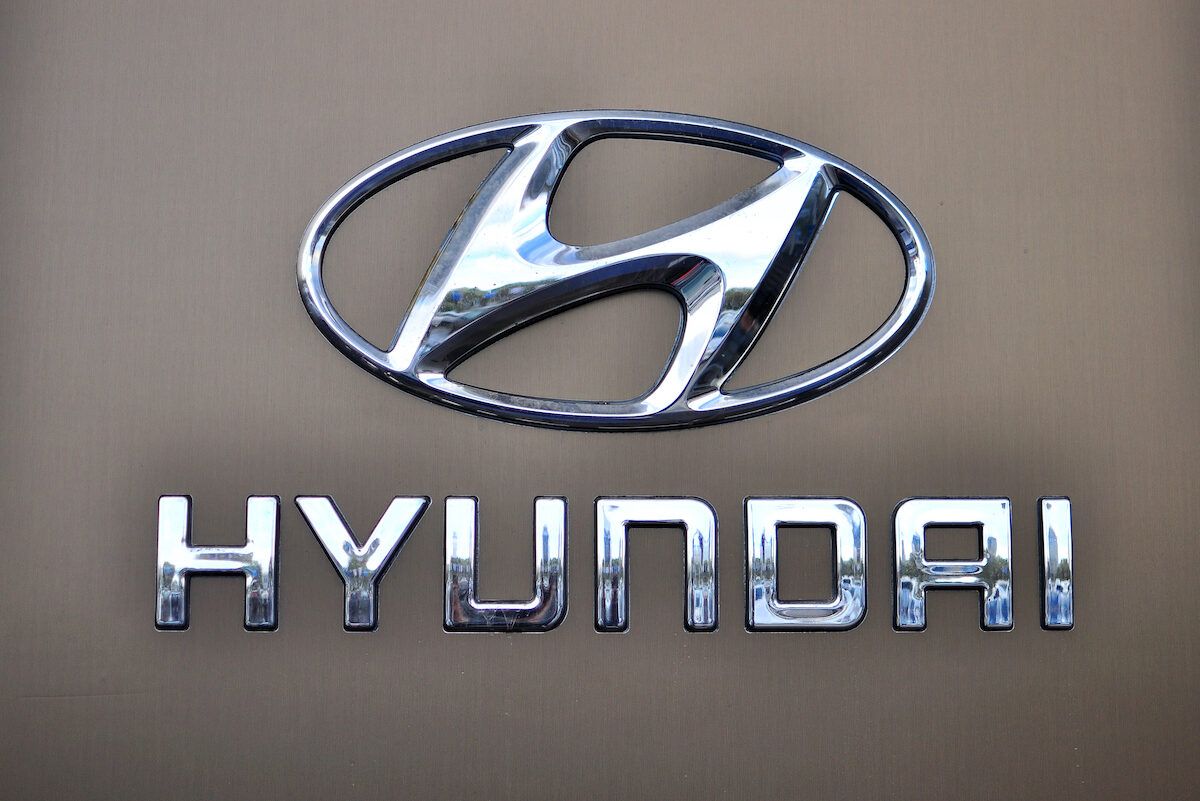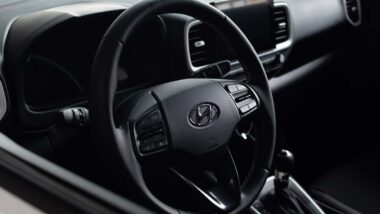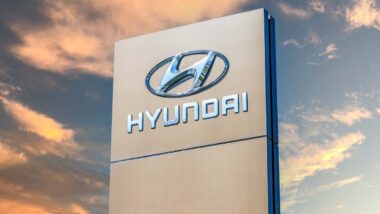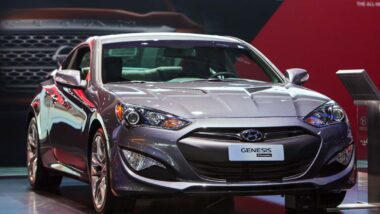
Update:
- A judge dismissed a class action lawsuit filed by a group of vehicle owners against Hyundai Motor Co. in a California federal court.
- The class action lawsuit claimed a number of Hyundai and Kia model vehicles contained an engine defect that caused them to use an excessive amount of oil.
- The vehicle owners argued the alleged defect, in addition to costing them money for the excess oil, caused the vehicles to stall and eventually fail.
- Court approval of the dismissal was not required as the class had not been certified nor proposed to be certified for purposes of a settlement, according to court documents.
Hyundai excessive oil consumption class action lawsuit overview:
- Who: A group of Hyundai and Kia vehicle owners are suing Hyundai Motor Co.
- Why: The drivers allege numerous models of Hyundai and Kia vehicles are equipped with defective engines that use excessive amounts of oil, stall and eventually fail.
- Where: The lawsuit was filed in a California federal court.
(April 20, 2022)
Hyundai makes numerous models of Hyundai and Kia brand vehicles with defective engines that use excessive amounts of oil, costing their owners huge sums of money, a new class action lawsuit alleges.
On Apr. 12, eight owners of Hyundai and Kia brand vehicles filed a class action lawsuit against Hyundai Motor Co. in a California federal court, alleging violations of federal warranty laws.
The Hyundai excessive oil consumption lawsuit alleges that numerous models of the automaker’s vehicles are equipped with defective Nu, Gamma, Theta, Lambda and Kappa engines.
The defective engines allegedly use excessive amounts of oil, stall and eventually fail. The drivers say Hyundai should have issued a recall for the vehicles a long time ago but hasn’t.
As a result, thousands of Hyundai and Kia owners and lessees have allegedly been forced to constantly check the oil levels, and oil must be added to the engines more frequently than even the owner’s manuals recommend, Car Complaints reports.
The engine issue has flow-on effects like reduction in engine lubrication due to crankshaft submersion and gaskets and seals damage, which leads to oil leaks.
The plaintiffs also claim that oil in their vehicles migrates to places where it shouldn’t be, damaging the combustion and exhaust systems.
This allegedly causes “abnormal wear of engine parts, oversaturation of carbon and deposits of oil sludge, ultimately requiring a costly engine rebuild or replacement.”
Automaker should honor warranty claims outside terms, Hyundai class action says
The plaintiffs allege that Hyundai should honor customers’ warranty claims even when the warranties have expired.
According to the lawsuit, Hyundai can’t adequately repair the oil consumption problems and doesn’t offer any reimbursement for out-of-pocket costs caused by the issue.
The class action states customers must suffer through long wait times for replacement parts, “and in most cases do not receive required engine replacements.”
The cars with the allegedly faulty engines include the 2012-2020 Hyundai Elantra, 2009-2018 Hyundai Genesis Coupe, 2019-2021 Hyundai Kona, 2020-2021 Hyundai Palisade, 2010-2012 and 2015-2021 Hyundai Santa Fe, 2009-2010 and 2015-2021 Hyundai Sonata, 2011–2021 Hyundai Sonata Hybrid, 2010-2013 and 2015-2021 Hyundai Tucson, 2011-2021 Hyundai Veloster, 2020-2021 Hyundai Venue, 2010-2021 Kia Forte, 2017-2020 Kia Niro, 2011-2020 Kia Optima and Optima Hybrid, 2012-2021 Kia Rio, 2011-2020 Kia Sorento, 2012-2021 Kia Soul, 2011-2020 Kia Sportage, 2018-2021 Kia Stinger and 2022 Kia K5.
Meanwhile, Hyundai has expanded its recall of vehicles with an exploding seat belt part issue that has caused multiple injuries to include 6,240 of its 2021-2022 Elantra and 2020 Accent vehicles.
The plaintiffs are represented by Nye, Stirling, Hale & Miller LLP, Sauder Schelkopf LLC and Walsh, PLLC.
The Hyundai Oil Consumption Lawsuit is Cho, et al., v. Hyundai Motor Company, LTD., et al. in the U.S. District Court for the Central District of California.
Are you one of the drivers affected by an allegedly faulty Hyundai engine? Let us know in the comments!
Don’t Miss Out!
Check out our list of Class Action Lawsuits and Class Action Settlements you may qualify to join!
Read About More Class Action Lawsuits & Class Action Settlements:















3,222 thoughts onHyundai class action over excessive oil consumption dismissed
I took my 2015 Hyundai sonata in for same problem about a2 months ago and they kept my car for 3 days and supposedly fixed it but still using oil.
2015 sonata took it in to see what was going on with the amount of oil being used.they ran the consumption test and found it has bad piston and rings but my extended warranty won’t cover it because the engine is still working
2018 Hyundai Tuscon with 67K miles on it. Learned today I’m to bring it back every 1000 miles for an oil check (takes 30-40 minutes each time). Are you kidding me? This is wrong. How do I proceed? Tired of being taken advantage.
I have an older Hyundai, 2010 Accent and I burn through 4 quarts in 2,000 miles… and I’ve already had the engine replaced under my warranty… I’m located in NY, how do I get added to this class action?
I have been having problems with the oil consumption on my 2016 Tucson and have to constantly keep a bottle in my trunk to refill due to the dealership constantly not monthly delays in getting an appointment!
I am having the same issues since 98,000 miles putting oil in every 1000 miles I’m only at 120,000
My 2018 Sante Fe Sport burns 2 + quarts per 1000 miles driven.
I took it in to Team Hyundai Lexington Park Md for this. They saw the low oil after 1000 miles and stated Hyundai will not even approve the combustion test. They started recording my mileage at 98,288 and I returned it at 99,275.
2+ quarts burned and still Hyundai refuses to do anything about it.
2014 Santa Fe Sport burns oil; there is no oil link. Vehicle has 115,864 miles, but has been having this issue for the past two years.
I was being topped off twice before my 100,000 Mi warranty expire but I have 120,000 Mi extended warranty and got them to acknowledge the oil consumption but somehow losing one quart every 1,000 Mi is not enough to replace the engine and yet it only has five quarts so they seem to be okay with it being empty at the end of 5,000 miles of driving which is ridiculous. I need to put pressure on them
My car goes through 4 quarts of oil in 3,000 miles. If I didn’t hear a tick noise. I wouldn’t know there is no oil.
I have a 2017 Tucson and it goes through 4 quarts of oil within 3,000 miles.
I’m having the same problem
My 2017 hyundai sonata goes through 5 quarts of oil with in 3000 miles